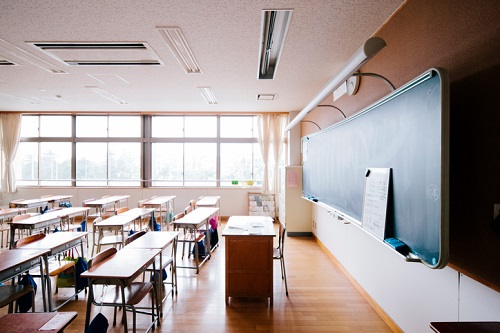
NSW high school principals have slammed a report suggesting that school inspectors monitor classroom teachers as “dangerous and ignorant”.
Earlier this week, a parliamentary inquiry called for school inspectors to monitor classroom teaching, as well as an independent commission to monitor test results, and extra public funding for independent schools who participate in a “best practice” school program.
The 100-page report, authored by One Nation MP Mark Latham, said the move would help address the decline in NSW students’ outcomes over the past 20 years, adding the committee had identified a “striking lack of measurement, accountability and quality control in the government school system”.
“We know what works in schools and what doesn’t work. It has all been researched and reported on in many thousands of studies here and around the world. Some NSW schools are using this evidence-base to good effect, but others are not,” the report said.
“The challenge for Government is to scale up best practice and ensure every NSW school is a place of high-quality learning and opportunity. The know-how exists to make this happen, but substandard policies, management and incentive systems are holding us back”.
‘Dangerous and ignorant’
The NSW Secondary Principals’ Council (NSWSPC) slammed the report as “dangerous and ignorant”.
“We need to be extremely wary of adding additional layers of bureaucracy and accountability to an education system which is already highly regulated and monitored,” NSWSPC president, Craig Petersen, told The Educator.
“NESA is the regulatory body for education in NSW and its inspectors already carry out inspections of schools on a cyclic basis to ensure compliance”.
Petersen noted that public schools are also required to undertake a cyclic external validation of their self-assessment against the Schools Excellence Framework.
“One wonders what the additional layer of Inspectors might do,” he said, adding that schools already have systems of supervision and monitoring.
A better solution, says Petersen, would be to reduce the administrative workload of principals and other executive staff to allow them more time to work closely with classroom teachers.
‘Listen to the real experts’
Petersen said that reducing the administrative load classroom teachers would also provide them with the release time to better engage with the myriad data sources that are currently available to them.
“In addition to their own classroom assessments, teachers also have NAPLAN, HSC, Best Start, Student Wellbeing survey data, attendance data and a wide range of other sources from which they are expected to draw,” Petersen said.
“We must wonder what additional benefit could be drawn from an increase in assessment”.
Petersen said that as well as discussing student results with teachers and principals, parents also have access to the MySchool website.
“Interestingly, Profession Bill Louden last year called for a simplification of what is reported on MySchool,” he said.
“Ironically, some of these assessments have the perverse effect of narrowing the curriculum and diminishing student capacity. The more we focus on basic skills assessments, the worse we do on assessments of critical thinking and higher order problem solving”.
Petersen said the assertion that results have plummeted must be questioned.
“HSC results have never been better than they are currently, and our NAPLAN results, if anything, have improved in some areas over the last 10 years,” he said.
“The real conundrum is that the voice of experienced educators is increasingly devalued. We are largest single body of tertiary educated professionals in NSW. Perhaps it is time to listen to the real experts”.


